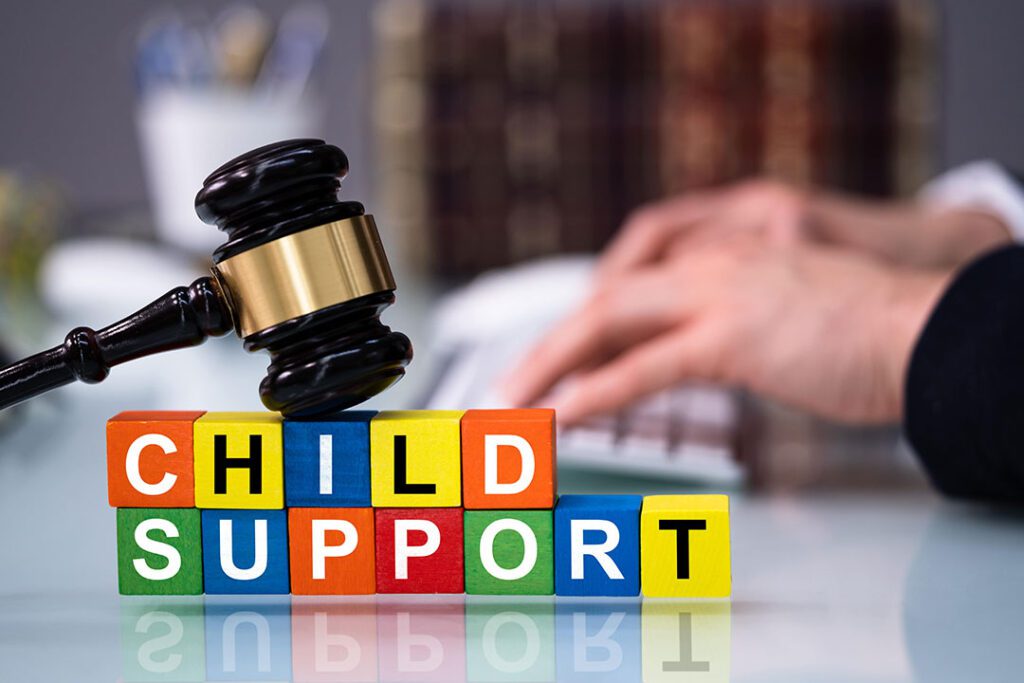Navigating the family law system can be a challenging and often confusing process, particularly when children are involved. To ensure that the child’s best interests are adequately represented, an Independent Children’s Lawyer (ICL) may be appointed.
But what is an ICL? And what does an ICL do? As experts in this area, our article below aims to provide a greater understanding of the role, responsibilities and significance of an ICL within the family law context in Australia.
For help in all matters regarding the family law system, simply contact us at Genuine Legal WA, or read on to find out more.
What is an Independent Children’s Lawyer (ICL)?
So, what is an ICL? And what does an ICL do?
An Independent Children’s Lawyer (ICL) is a lawyer appointed by the Family Court to represent the best interests of a child during family law proceedings. An ICL’s primary responsibility is to represent the child’s best interests. The role of an ICL is to assist the court in making decisions that ensure the child’s welfare, safety and overall well-being.
ICLs are usually appointed in cases where there are significant disputes over parenting arrangements or where there are concerns about the child’s safety or well-being. They help ensure that the court receives a balanced and impartial view of the child’s situation.
The Role of an ICL in Family Law Proceedings
The role of an ICL is multifaceted and goes beyond simply representing the child in court. An ICL works to gather information, present evidence and make submissions that reflect the child’s best interests. They are responsible for providing an independent perspective to the court, free from any influence by the parties involved in the dispute.
Independent Children’s Lawyer Duties & Responsibilities
Gathering & Presenting Evidence
One of the key responsibilities of an ICL is to collect information from various sources, including schools, healthcare providers and other professionals who have interacted with the child. The ICL may also request reports from experts, such as psychologists, to provide a comprehensive view of the child’s needs and circumstances. The evidence collected is crucial in helping the court make informed decisions about the child’s future.
Interviewing the Child
Interviewing the child allows the ICL to gain insight into the child’s views and feelings, which can be considered when determining what is in their best interests. The ICL will assess (and may include) the child’s views in the context of their age, maturity and understanding of the situation.
Making Submissions to the Court
After gathering evidence and interviewing the child, the ICL makes submissions to the court. These submissions are based on the information gathered and are intended to assist the court in making decisions that align with the child’s best interests. The ICL’s submissions may include recommendations on parenting arrangements, living conditions and other factors relevant to the child’s welfare.
The Appointment of an ICL
How and When Are ICLs Appointed?
ICLs are appointed by the Family Court, usually in cases where there are complex issues involving the child. This may include situations where there are allegations of abuse, neglect or family violence, or where there is a significant conflict between the parents over the child’s care. An ICL may also be appointed when the court believes that the child needs an independent representative to ensure that their best interests are properly considered.
Appointment Criteria
The court considers several factors when deciding whether to appoint an ICL. These factors may include the child’s age, the nature of the disputes between the parents, the presence of any risks to the child’s safety and the potential impact of the proceedings on the child. The appointment of an ICL is not automatic in all cases but is made at the discretion of the court based on the specific circumstances of the case.
The Legal Framework
Family Law Act 1975
The role of the Independent Children’s Lawyer is governed by the Family Law Act 1975. This Act sets out the legal framework for family law proceedings in Australia and outlines the responsibilities and duties of an ICL. Under the Act, the ICL is required to act in the best interests of the child and its role is to assist the court in achieving this objective. The 1975 Act also guides how ICLs should interact with the child and the parties involved in the proceedings.
Interaction with the Child
How an ICL Interacts with the Child
The interaction between an ICL and the child is a crucial aspect of the ICL’s role. The ICL must establish a rapport with the child to gain their trust and obtain an accurate understanding of their views and feelings. This interaction is conducted in a way that is sensitive to the child’s age, maturity and emotional state. Overall, the ICL is responsible for ensuring that the child feels comfortable and supported during the process, without placing undue pressure on them to express their views.
Importance of Objectivity and Impartiality
Naturally, an ICL must maintain objectivity and impartiality throughout the proceedings. This means that the ICL does not take sides with either parent but instead focuses solely on what is best for the child. The ICL’s independence is vital to ensure that the court receives an unbiased perspective, which is essential for making fair and just decisions.
ICL Ethical Obligations
Confidentiality
Confidentiality is a fundamental ethical obligation for ICLs. The information shared with an ICL by the child or other parties is treated with the utmost confidentiality. The ICL must ensure that sensitive information is protected and only disclosed when it is necessary for the court’s decision-making process. This confidentiality helps build trust between the child and the ICL and ensures that the child’s privacy is respected.
Challenges Faced By Independent Children’s Lawyers
Common Challenges
One of the main challenges for an ICL is managing the conflicting interests of the parties involved, while maintaining a focus on the child’s best interests. Additionally, ICLs may encounter difficulties in situations where the child is reluctant to express their views or where there is limited evidence available to support their submissions. Despite these challenges, ICLs play a crucial role in ensuring that the child’s voice is heard and that their best interests are represented in court.
Resources For Parents & Children
Below are some further reading and resources that may help.
- LawTermFinder
- Best Interests of the Child (Legal Aid WA)
- Independent Children’s Lawyers (Legal Aid WA)
Conclusion
We hope this answers the questions ‘What is an ICL?’ and ‘What does an Independent children’s lawyer do?’
Overall, they play a vital role in family law proceedings by ensuring that the child’s best interests are represented and protected. ICLs are guided by the Family Law Act 1975 and gather evidence, interview the child and make submissions to the court.
For parents and children navigating the family law system, we can help. Contact us at Genuine Legal WA to learn more.



